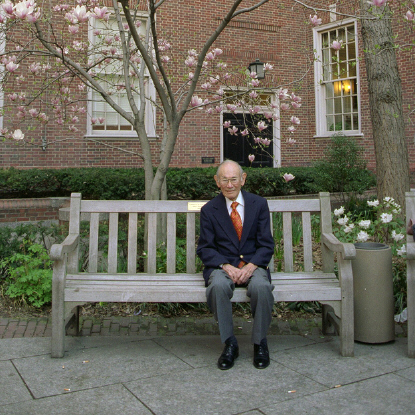On Wednesday Michgan Governor Gretchen Whitmer signed Senate Bill 18 which declares January 30th of each year as “Fred Korematsu Day, reports the Detroit Free Press. ”.
The bill was signed in recognition of the historic avancements to civil rights that Fred Korematus had spearheaded.
Korematsu was an activist as well as an advocate who acted in defiance of an order to report to an incarceration camp during World War II.
This act of resistance, celebrated through Senate Bill 18 and proclamation of “Fred Korematsu Day”, is monumental for the Asian American Pacific Islander community.
“Thank you to Governor Whitmer for signing our legislation to make January 30 Fred Korematsu Day for Civil Liberties and the Constitution every year in Michigan,” said Michigan Senator Stephanie Chang (D-Detroit) to WWMT.
“This is a terrific way to celebrate Asian American Pacific Islander Heritage Month —by formally recognizing how important it is that we learn about Japanese American incarceration camps and acknowledging the important contributions of Fred Korematsu to our history,”
Moreover, there is a greater spotlight to the story as the legislation was signed during Asian American Pacific Islander Heritage Month. This case has brought a significant amount of attention to the history of Japanese American incarceration camps.
As the son of Japanese immigrants, Fred Korematsu has become a role model for Asian -Americans now, and future generations to advocate for justice.
The Michigan Advance reports he was born in 1919 in Oakland, California. Twenty three years later after the Japanese attack on Pearl Harbor, President Franklin Roselevent declared executive order number 9066 which allowed American military commanders as well as the United States Secretary of War to imprison all Japanese Americans into incarceration camps.
There were no exceptions to this order for either American-born Japanese or ethnic Japanese people that had gained citizenship in the United States.
An estimated 120,000 Japanese Americans were forcefully relocated. The United States government made no charges against them and gave them no chance for appealing their incarceration.
Victims lost their homes, jobs and their cultural identity.
Despite being imprisoned behnd barbed wire,, Japanese Americans volunteered to serve in the United States Armed Forces, Others were drafted. An estimated thirty thousand Japanese-American served in segregated units during World War II for the United States.
At the age of twenty-three Fred Korematsu was arrested for taking a stand against government orders and then appealed his case up to the United States Supreme Court. Korematsu was released from a detention camp in Utah in 1945 and then moved to Detroit where his brother lived.
There he met his wife and continued to be an advocate of Japanese American rights until his passing in 2005. But his conviction was not vacated until November 10th of 1983, thirty-eight years after his release. Even more shockingly, the Korematsu decision was not reversed until 2018, thirteen years after his death. Ultimately, although long due, large steps have been taken to advance the civil liberties of Japanese Americans and Asian-Americans in large part to the bravery of Fred Korematsu.
AsAmNews is published by the non-profit, Asian American Media Inc. Please support our fundraisers. Purchase your tickets to a Night of Hilarity- a fun conversation with comedienne Jiaoying Summers and ABC7/KABC anchor David Ono to be held October 9 in Los Angeles.
Then join us for a stimulating conference about issues that divide the Asian American communities. Our fundraiser Common Ground and the dinner after will be held October 26 at UC Berkeley.
AsAmNews is partially supported by the Stop the Hate grant administered by the California State Library in partnership with the California Department of Social Services and the California Commission on Asian and Pacific Islander American Affairs. To report a hate incident or hate crime and get support, go to CA vs Hate.




